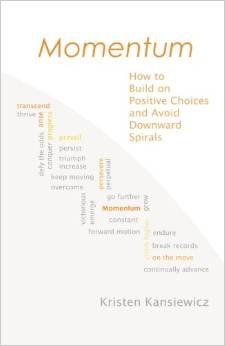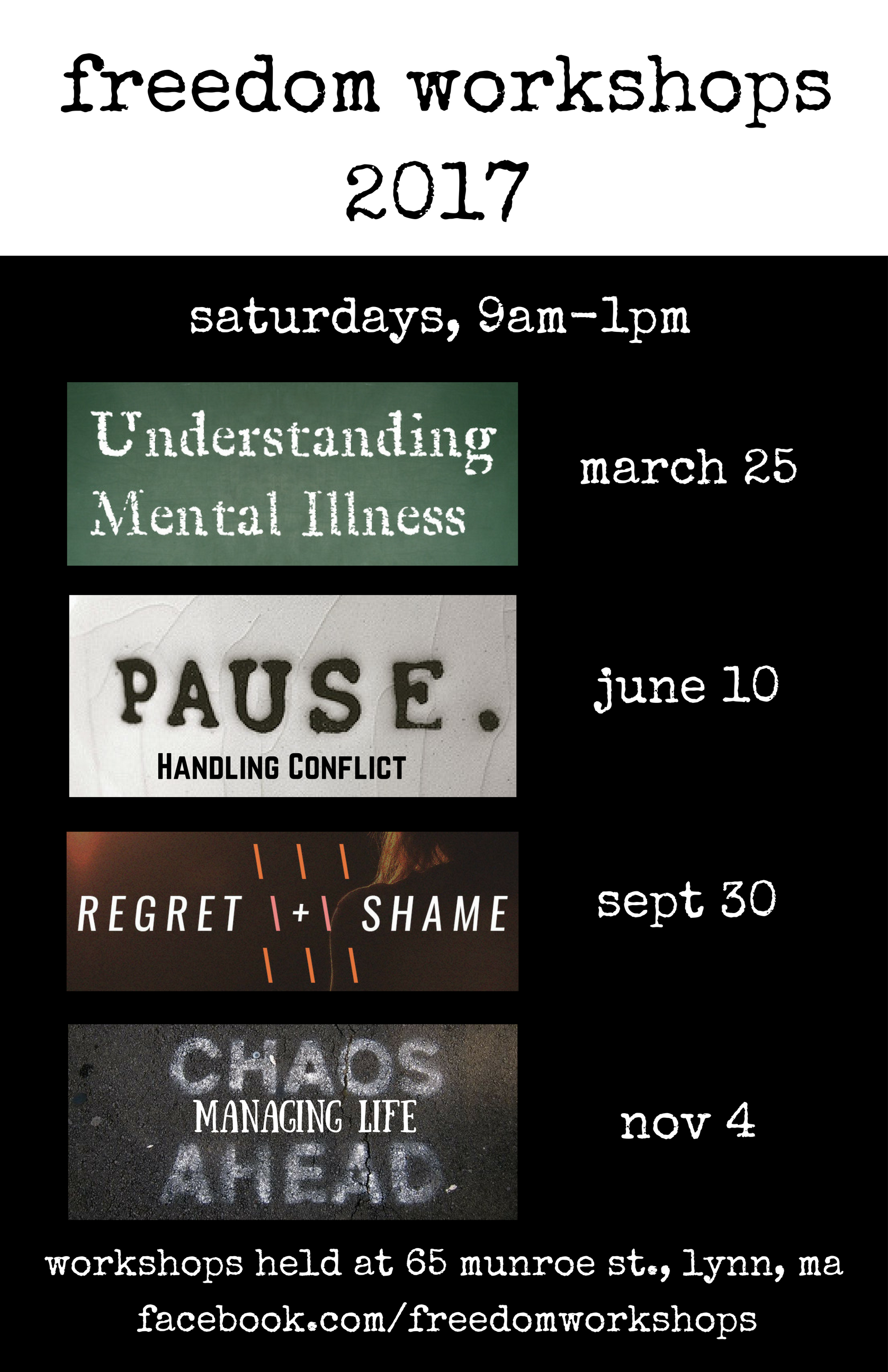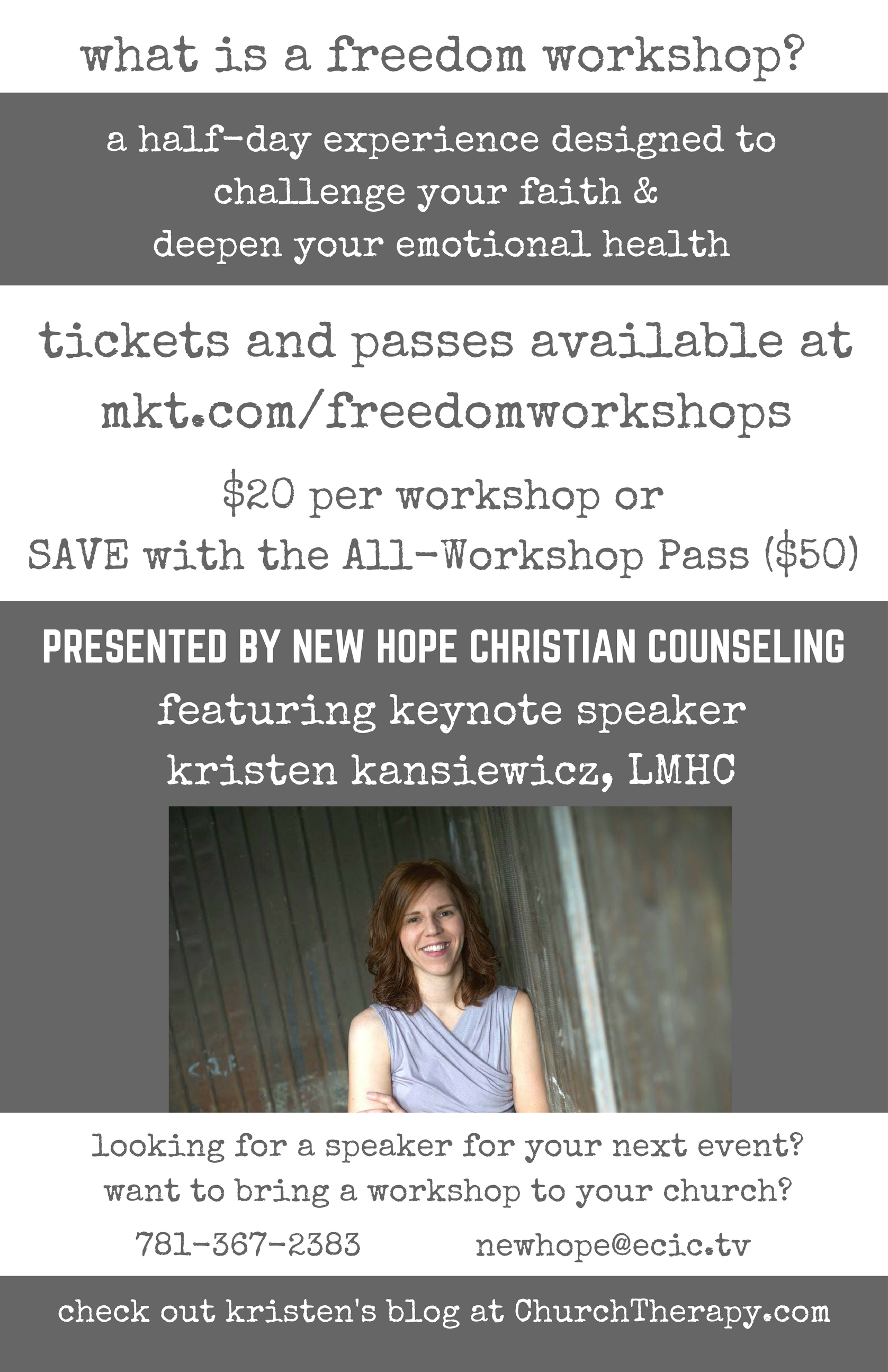Have you ever been tired of falling into negative patterns over and over? Don’t you wish you could take some of that life movement and turn it into a positive, upward spiral? In my book, Momentum: How to Build on Positive Choices and Avoid Downward Spirals, I offer 9 principles to help you do just that.

Momentum is a word that expresses a continuity and increase of motion — a ball gains speed as it is rolled down a ramp. It is a verifiable law of physics that once a ball has begun rolling down that slope, it will roll faster and faster until it bumps into something that stops it. Human behavior works in much the same way, for when a person begins to take action (in a positive or negative direction), that action leads to more actions that turn into a larger life path. We’ve all heard of downward spirals — one bad choice leads to another and another until we find ourselves far from where we had hoped to be. The good news is that we can also spiral upwards, gaining momentum as one good choice creates a sense of success that helps us feel as though we can make another good choice. Knowing that I needed to write my first book by a tight deadline in order to begin my second and so on kept that positive movement going, and you can learn to set and achieve goals in much the same way.
Perhaps you are already tired out just thinking about building momentum. Sounds like a lot of work, right? In the beginning stages of moving into action it will feel hard. You may wonder why you are bothering to try. When you do not see immediate results you will very likely want to give up. You may write me nasty emails telling me that momentum is for the birds. These feelings are normal, and when you are prepared to face them they can be overcome.
Unhealthy living in the short-term is always easier than building positive choices for the long-term. If it were easy to live a healthy life, more of us would find ourselves naturally doing it. But you don’t get into shape by accident, suddenly waking up to find that muscular six-pack you had wanted when you have never lifted a weight in your life. You don’t get to the gorgeous summit of a mountain if you haven’t hiked up to the top. And you won’t experience the sense of fulfillment and pleasure that positive choices bring until you’ve put in some pretty hard work.
From a biblical perspective, getting and keeping that ball rolling is known as perseverance. James 1:2-4 describes the possibility of growth when we persevere through trials. In this passage, we see the first action step in our response to the trial we face: joy. This does not mean we have to feel happy about what we are going through. But it does mean we respond to hardship by acting on the truth that God desires to see us grow no matter what we face. Suddenly that trial can be seen as an opportunity for something greater, even if it is only an ability to join with Christ through the experience of suffering. That ongoing conversation with God (prayer) and an outlook that is focused on growth and God’s purpose (praise) are the first steps in building perseverance. When perseverance is fully developed, we will be “mature and complete, not lacking anything” (NIV).
Another biblical example of building momentum in your life is found in 2 Peter 1: 5-11. Take a moment to read this whole passage, which is too long to quote in its entirety. Here we will look specifically at the end of verse 5 as well as verses 6 and 7:
“Supplement your faith with a generous provision of moral excellence, and moral excellence with knowledge, and knowledge with self-control, and self-control with patient endurance, and patient endurance with godliness, and godliness with brotherly affection, and brotherly affection with love for everyone” (NLT).
Here we see clearly this idea of building on previous growth and positive choices, as the Christian begins with a simple faith and then over time grows in following Christ’s perfect example. The following nine principles will help you take positive steps towards spiritual and emotional health in your life:
- Retrain Your Brain
- Avoid the Mental Debate
- Focus on Routines
- Get to the Other Side
- Keep Treading
- Turn a Lose-Lose into a Win-Win
- Live in Reality
- Grow Deeper, Not Broader
- Become a Leader
Each chapter offers four strategies to implement these principles in your life. Check it out on Amazon!




















